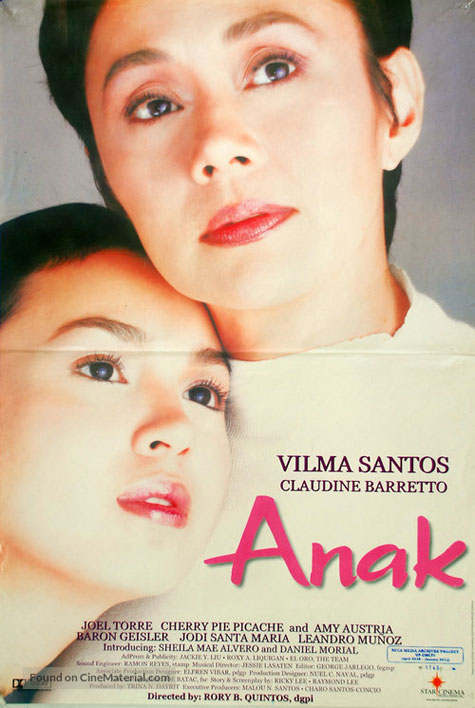OFW Stories in Cinema: Hope, Sacrifice, and Struggles
Witten by: Catherine Joyce Basillio
March 20, 2025
Overseas Filipino Workers (OFWs) are often referred to as the "modern-day heroes" of the Philippines, as they are able to contribute to the economy while enduring a lot of the inevitable circumstances of working abroad. Millions of Filipinos aim to leave the country to seek better opportunities in different countries. Their stories are so inspirational that they are becoming a major theme in Philippine movies. Films such as Anak (2000) and Hello, Love, Goodbye (2019) feature themes that showcase the realities of migration, resilience, optimism, and sacrifice.
But the narrative of OFWs, like time, would eventually progress. Contemporary cinema is moving away from the typical tropes of suffering and sacrifice, offering more nuanced, picturesque freezes in time of life away from home.
- Classic OFW Narrative: Life of Pain and Sacrifice
In earlier films, the OFW experience was often depicted as a tale of hardship, loneliness, and family struggles.

Courtesy:
Anak (2000)
It is one of the most iconic OFW films, where it shows the painful effects of a mother’s absence. Her name is Josie (played by Vilma Santos), a mother who worked as a domestic helper in Hong Kong for several years to give a better life for her children in the Philippines. But when she finally returns home, she finds that her sacrifice has come at a heavy cost; her children have grown distant, specifically her eldest daughter, Carla (Claudine Barretto), who has a lot of hatred towards her mother for abandoning them. Josie is having a hard time reconnecting with her children; she is dealing with their rebellious attitudes and emotional scars caused by her absence.
The film portrays the sacrifices that OFWs make, showing how their dreams of a better future for their families often come with painful personal consequences.
- Modern Perspective: Redefining the OFW Narrative
Filipino movies have only recently diverged from the standard tragic OFW narrative. The newer ones offer fresh spins, interesting empowerment themes, self-discovery, and the complex nature of migration.

Courtesy:
Hello, Love, Goodbye (2019)
This movie follows the story of Joy (Kathryn Bernardo), a hardworking domestic helper in Hong Kong who dreams of migrating to Canada to pursue her dream of becoming a nurse. She is self-reliant, committed to supporting her family in the Philippines, and determined to have whatever plans she sets for herself come to fruition.
She unexpectedly meets Ethan (Alden Richards), a charming and humorous bartender who has spent most of his life in Hong Kong. Unlike Joy, Ethan wants to settle in the city, where he is looking to build a more stable life. As they become more in love with one another, Joy must make a choice that will change her life forever. Safety and love in Hong Kong, or continue chasing her dreams of a better future in Canada?
This movie tells the story of an OFW in a revealing way, not so much emphasizing the suffering but curving the narrative towards personal achievements and aspirations. It speaks of love, ambition, and the sacrifices of Filipinos abroad.
Whereas the earlier OFW films were able to depict the struggle and sacrifices of Filipino foreign workers, the new films now are building a different kind of narrative of empowerment, determination, and self-discovery. The future of Philippine cinema is seeing more sophisticated and richer stories of the OFW story—beyond suffering, beyond stereotypes, and to the entire gamut of human resilience.
